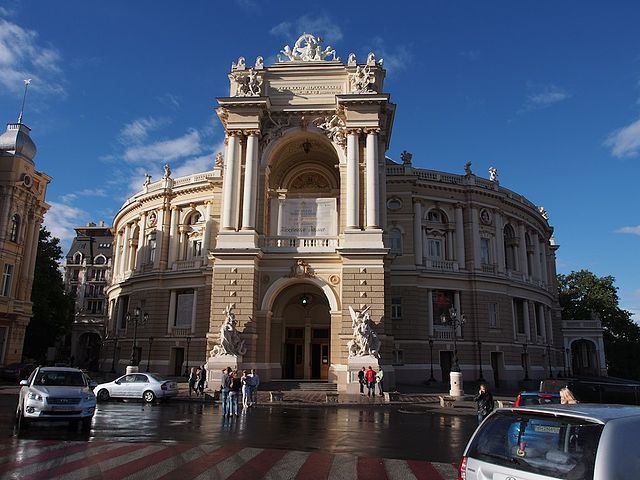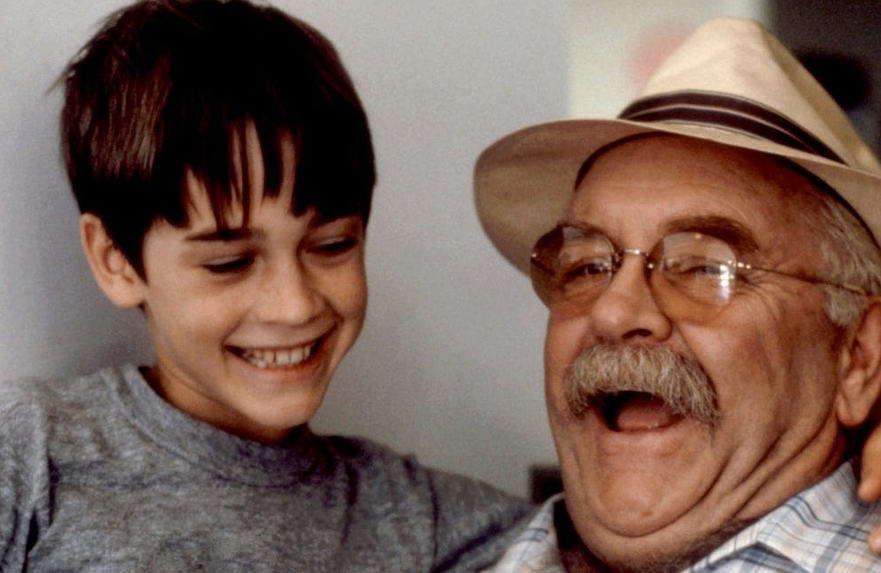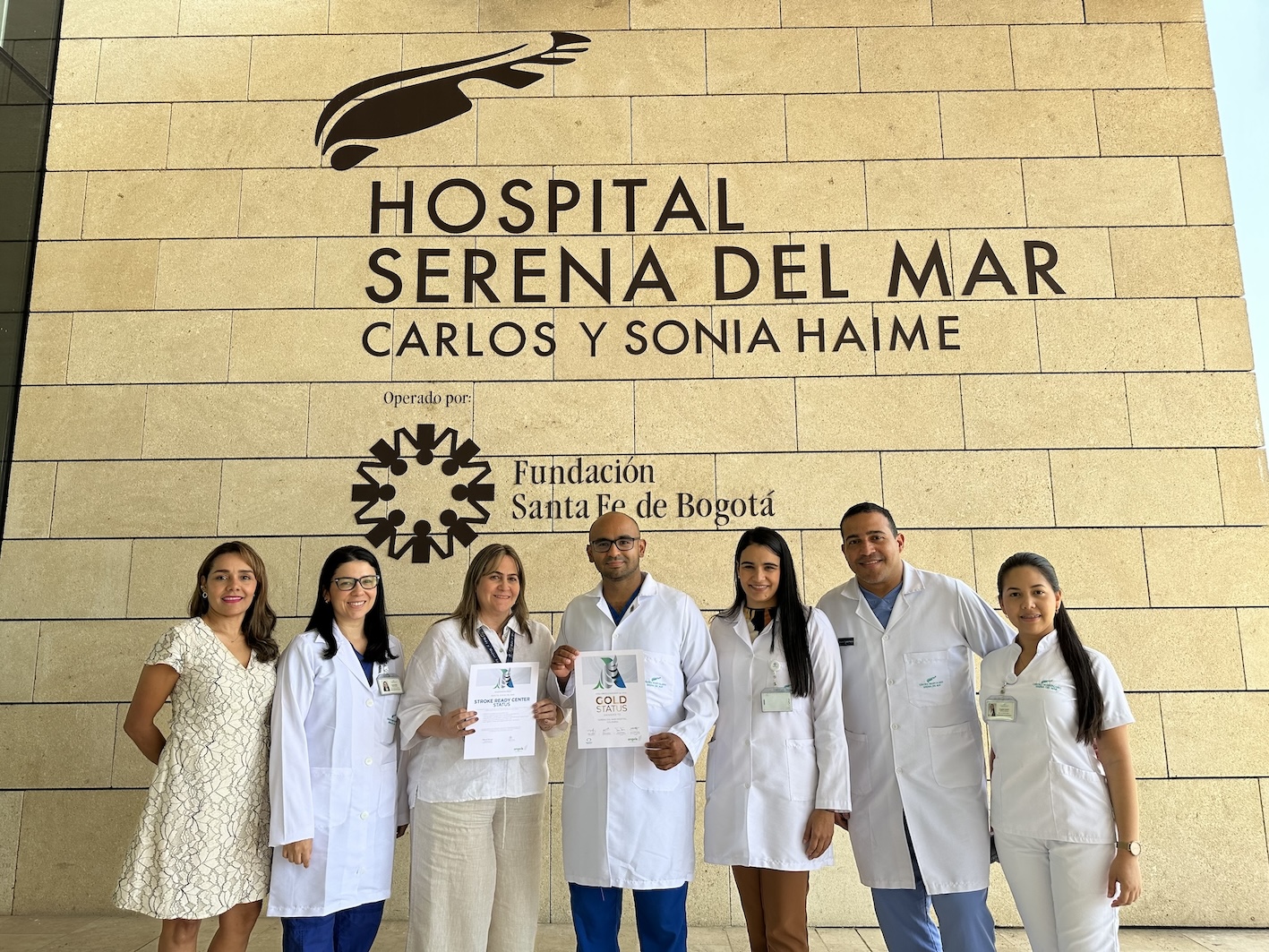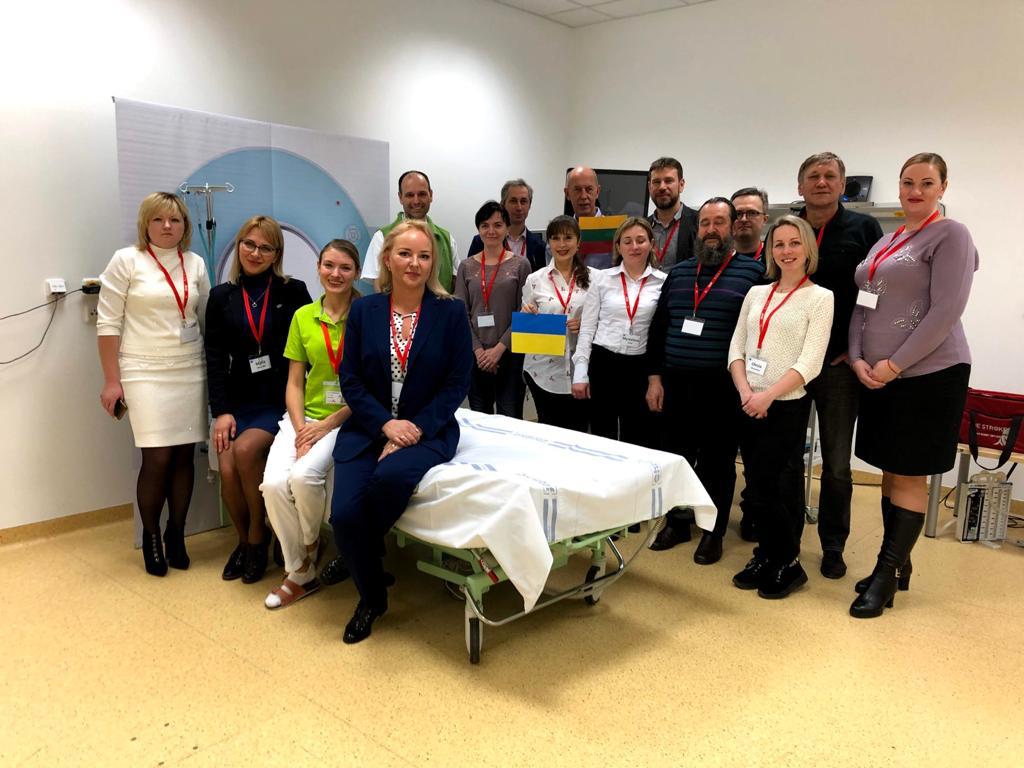
Одеза — это город-порт на северо-западном побережье Черного моря. В спокойное время морской жемчуж Украины популярны туристы, которые смотрят на свои береговые линии и пляжи и остаются очарованными своей великолепной архитектурой, включая пастельские фасады неоклассических и искусственных особняков ноувео, а также самым красивым ооперационным домом во всей Европе.
Во время войны это стратегический приз, который для всех, кто контролирует Одезу, контролирует Черное море.
Расположенный всего на 200 км запада от Херсона, город Одеза был объектом шеллинга и воздушных забастовок с момента начала российской инвазии. Ежедневно сиренсы воздушно-кашельского рейда изменяются, а список гражданских жертв продолжает расти дольше. В декабре атаки на энергетическую сетку погрузили город в темноту.
В апреле 2022 г. команда Инициативы Angels в Украине вместе с украинскими ассоциациями по борьбе с инсульт начали еженедельно проводить Zoom-исследование для врачей, занимающихся инсульт, застрявших в войне — инициативу, которая позже получит формальную повестку дня и поддержку Рабочей группы Европейская организация по борьбе с инсультом (ESO) для Украины. Возможность поделиться своим опытом и чувством общности была принята врачами-инсульт по всей стране, включая д-ра Олександра Карташова, заведующего отделением интенсивной терапии Одесской областной клинической больницы.
Одесская областная клиническая больница, расположенная в Сувороском районе в северо-восточной части города, является комплексным центром и ведущим инсультный центр в Одесской области под руководством главного директора д-ра Юрия Гульченко. Когда Angels впервые начали работать с этой больницей в 2016 г., они нашли всю команду уже работающих лидеров инсульт – доктора Карташова, доктора Володемра Колесныка, заведующего отделением нейрорадиологии, и доктора Ирины Хубетовой, заведующей неврология отделением, которая позже была заменена доктором Ольгой Величко.
В 2016 г. консультант Angels Лев Приступюк посетил Одезу для моделирование и обучения, которые обозначили начало новой траектории ухода за уход за пациентом с инсультом в этой больнице.
Цифры говорят об история. В 2016 г. двенадцати пациентам был проведен тромболизис, а медиана время от поступления до введения препарата составила от 60 до 70 минут. В 2017 г. и в 2018 г. более 30 пациентам был проведен тромболизис, а в 2019 г. после обучения моделирование консультант Angels Марии Шевердина этот показатель удвоился до 63. С 2021 г. более 200 пациентов с инсульт получили второй шанс на жизнь в Одесской областной клинической больнице, при этом время от поступления до начала интенсивной терапии составляло от 20 до 30 минут.
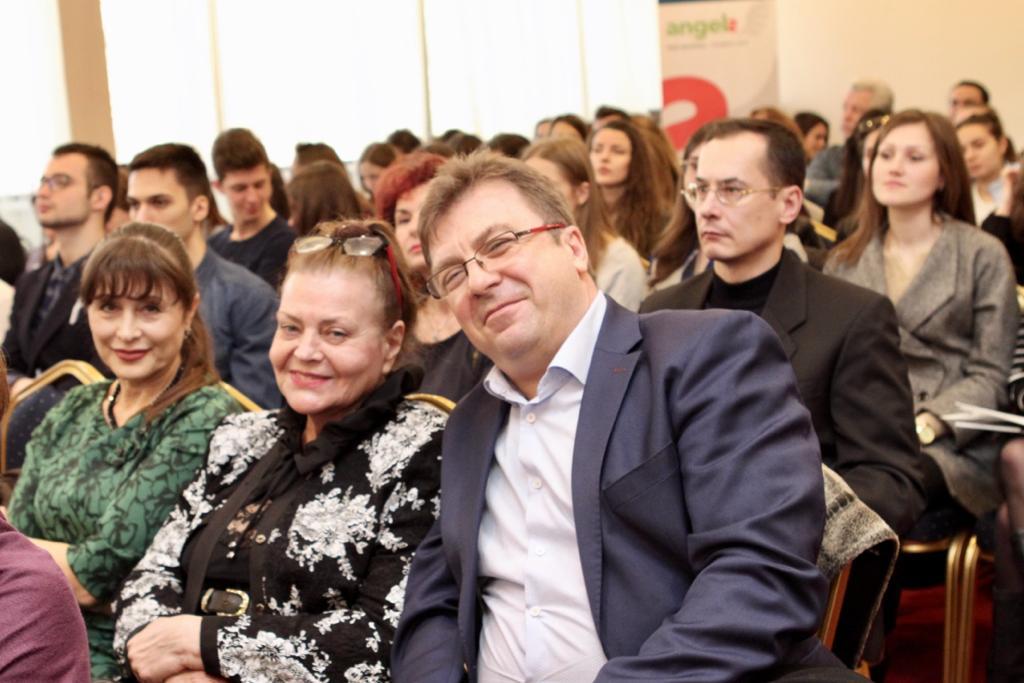
Д-р Карташов прослеживает свой личный опыт лечение, терапия острый инсульт до 2010 года, когда отношение к тромболизис в Украине было в лучшем случае предварительным. Он находился в ночном дежурстве, когда пациент поступила с признаками инсульт. После исключения других противопоказаний д-р Карташов решил провести тромболизис, но хотя лечение, терапия было успешным, в результате предполагаемого риска он был обязан написать множество отчетов, объясняющих его действия. "Виннеры не судят, но я так и и был", он сурьёзно комментирует.
Однако явление оказалось поворотным моментом для больницы.
В 2019 году больница получила первую золотую награда Европейская организация по борьбе с инсультом (ESO) Angels, но несмотря на то, что ее производительность продолжала улучшаться, ввод данных в RES-Q занял место в течение следующих двух лет. Это было до тех пор, пока война не началась, и в ходе телефонного звонка в Zoom в апреле д-р Карташов прослушал с интенсивным интересом, когда д-р Юрий Фломин, один из ведущих специалистов по инсульт в стране, посоветовал врачам поделиться данными о лечение, терапия инсульт с RES-Q.
Д-р Фломин сообщил, что центры передового опыта, такие как Одеза Региональная клиническая больница, заслужили признание своих результатов.
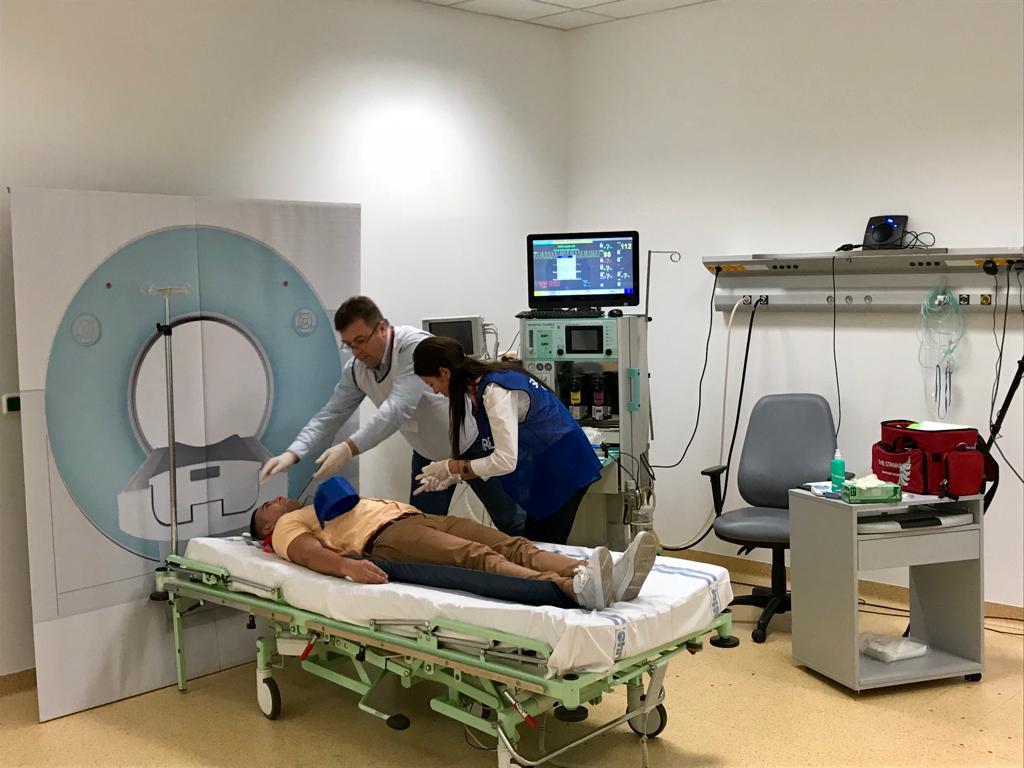
После регистрации в RES-Q эти результаты действительно позволили рассказать невероятную история качества уход за пациентом с инсультом в больнице, и вскоре после этого стало известно. За период с апреля по июнь 2022 года – время, когда больницы в Украине стали стратегическими целями – Одеза областная клиническая больница получила второе золотое награда,
Как вы можете работать, когда знаете, что атака может произойти в любой момент, Мария спросила д-ра Карташова. Он ответил: "Что еще мы можем сделать, за исключением продолжения работы и надежды".
Так что они работали и наделись, а за период с июля по сентябрь, поскольку передовая линия переехала ближе к городу, а ракетные атаки заявляли о десятках гражданских жизней, Одесская областная клиническая больница получила свое первое ромбоевое награда. А в квартале, заканчивающемся в темный декабрь, они добавили второй алмаз на коронку.
Если война и инсульт учат нас чему-либо, то жизнь ценна. Вот почему д-р Карташов говорит: "Важно не только жить, но и жить".
